The 33rd AGUASAN Workshop on the topic “Circular economy – transforming waste into resources” took place in Spiez, Switzerland from June 26 to 30, 2017. The main focus was analyzing successful and failed approaches for transitioning from linear to circular water and sanitation models.
Circular economy has great potential to drive the Water and Sanitation 2030 Agenda forward because it aligns directly with the Sustainable Development Goal (SDG) 6.3 of improving water quality and substantially increasing recycling and safe reuse globally and SDG 6.4 of substantially increasing water-use efficiency across all sectors and ensuring sustainable withdrawals.
The Swiss Water and Sanitation Consortium was present with five representatives from four different organizations: Helvetas Swiss Intercooperation, Swiss Red Cross, Caritas Switzerland and Terre des hommes. The following contributions were made:
- The Swiss Red Cross presented a poster on menstrual hygiene management in Nepal (poster will follow)
- Caritas Switzerland presented a poster on Blue Schools in Bangladesh: a promising way to teach reduce, reuse and recycle: Poster_Blue_Schools_Aguasan_Workshop_Caritas_Bangladesh_2017
- Terre des hommes and Caritas jointly facilitated a clinical case on Blue School 2.0. During several group working sessions, a solution was developed on how to transition from a linear Blue School to a circular Blue School and how to teach circular economy through a learning-by-doing approach in school. The results of the discussions were presented as flip charts/ diagrams, as shown below:
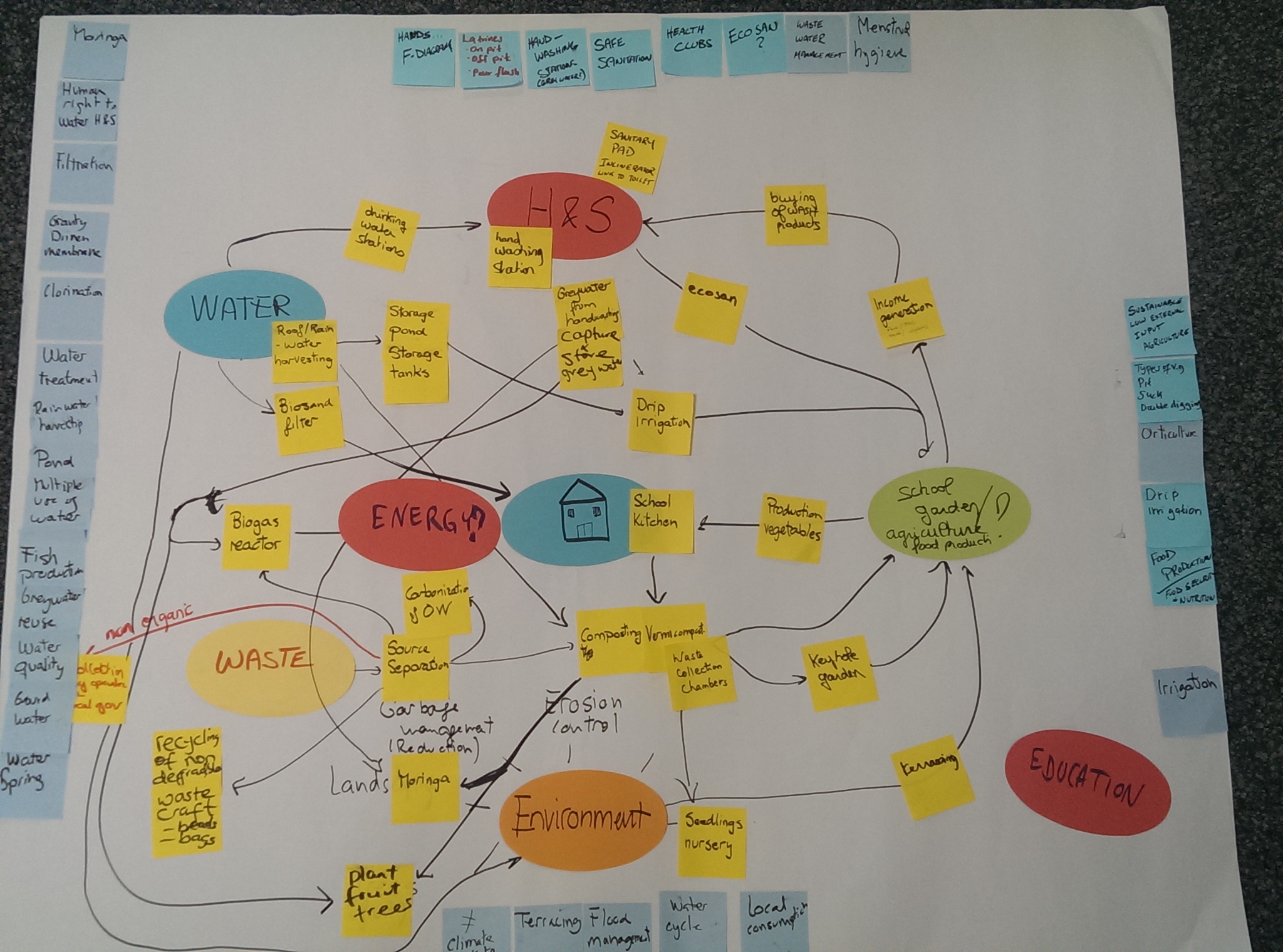 Fig 2. Circular Flows in a Blue School
Fig 2. Circular Flows in a Blue School
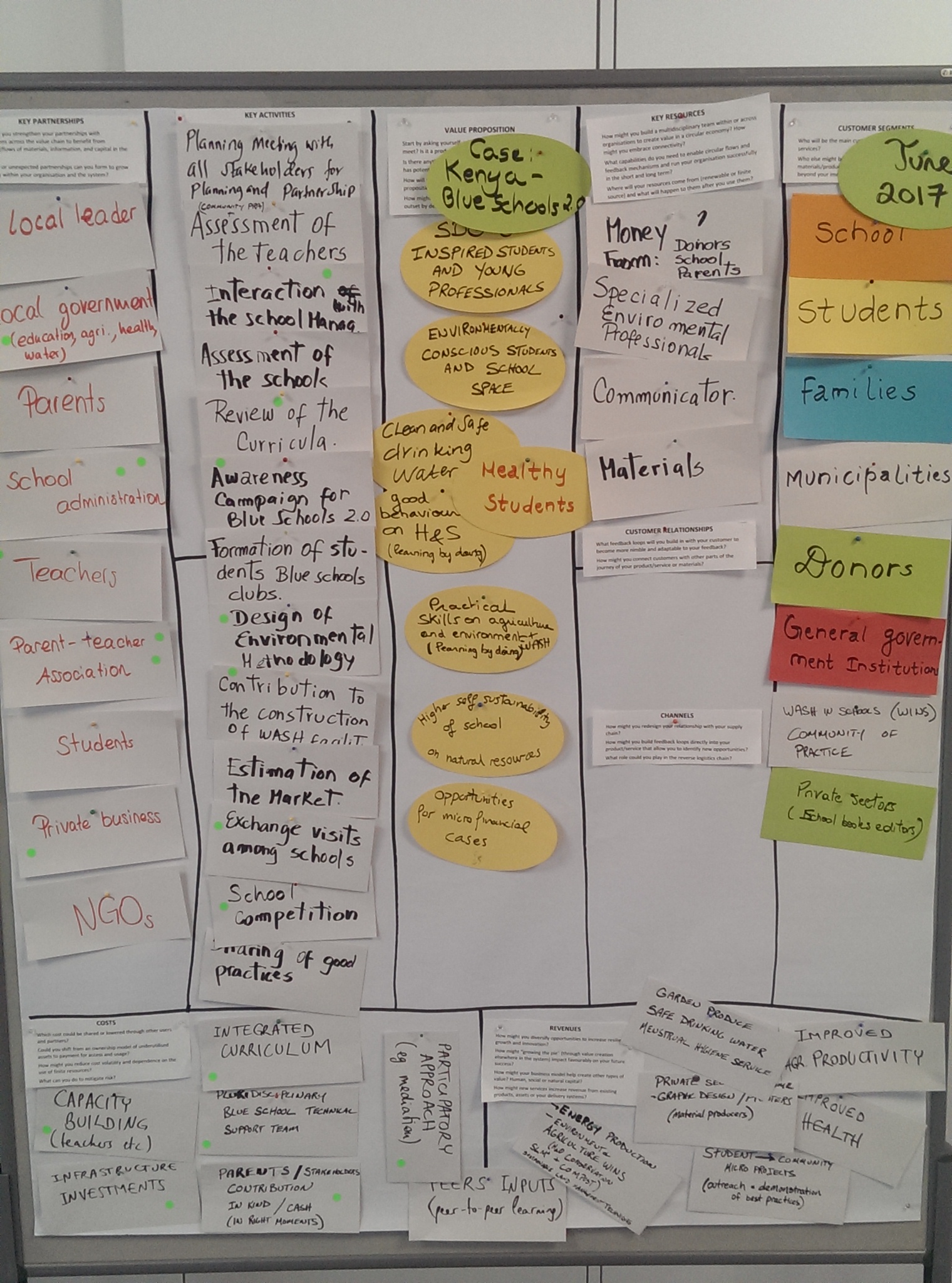 Fig 3. Circular business model for Blue Schools
Fig 3. Circular business model for Blue Schools
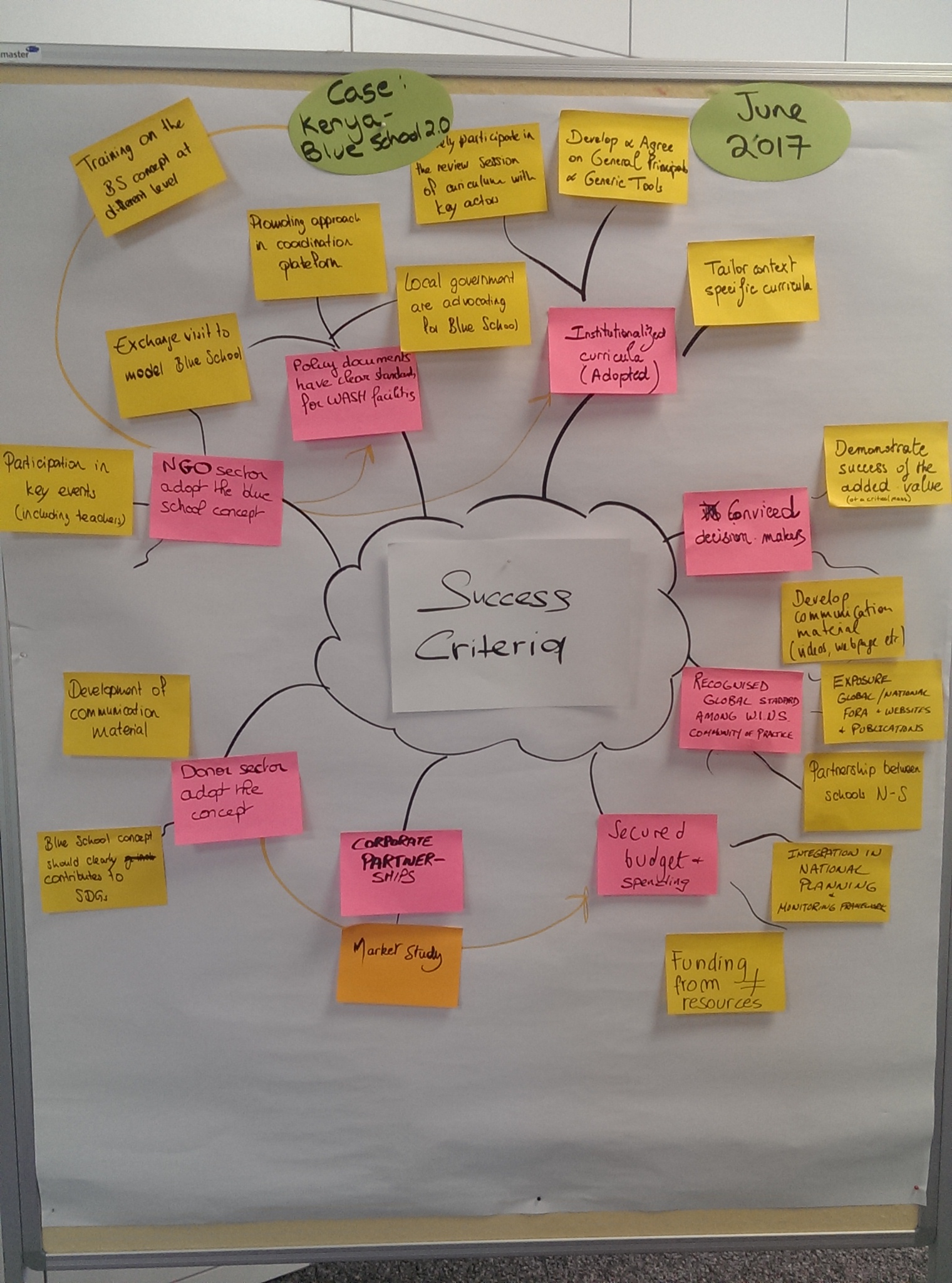 Fig 4. Success criteria for Blue Schools
Fig 4. Success criteria for Blue Schools
- All Workshop documents and presentations
- Poster_Blue_Schools_Aguasan_Workshop_Caritas_Bangladesh_2017
- Poster Menstrual Hygiene Managment Swiss Red Cross Nepal 2017 (link to follow)
- Programme AGUASAN Workshop 2017
- Report Aguasan Workshop 2017 (will follow)
- Pictures Aguasan Workshop 2017

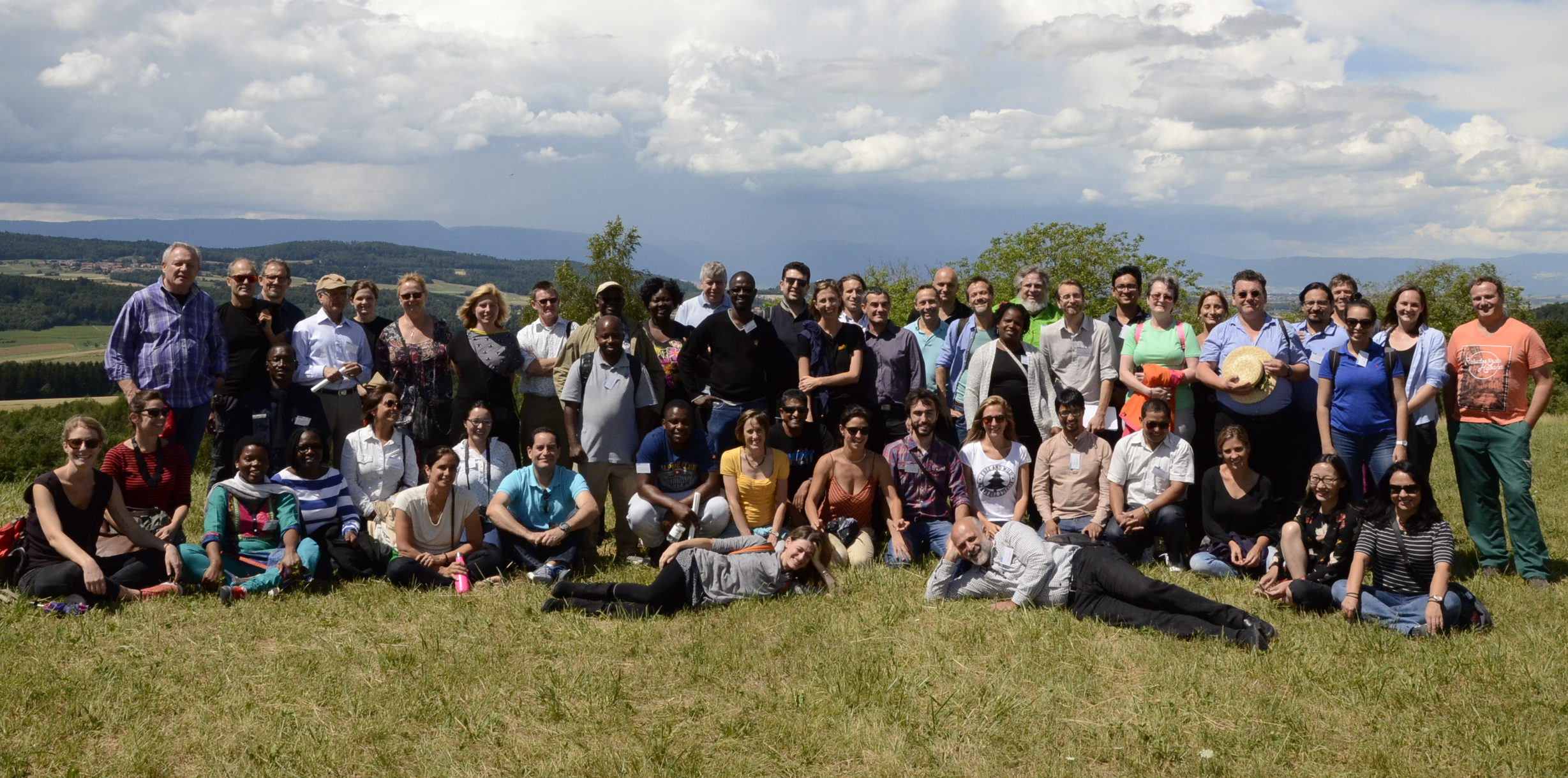
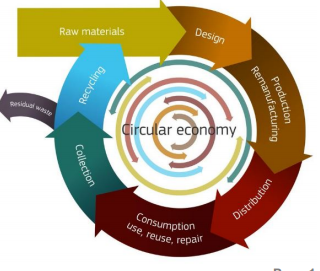
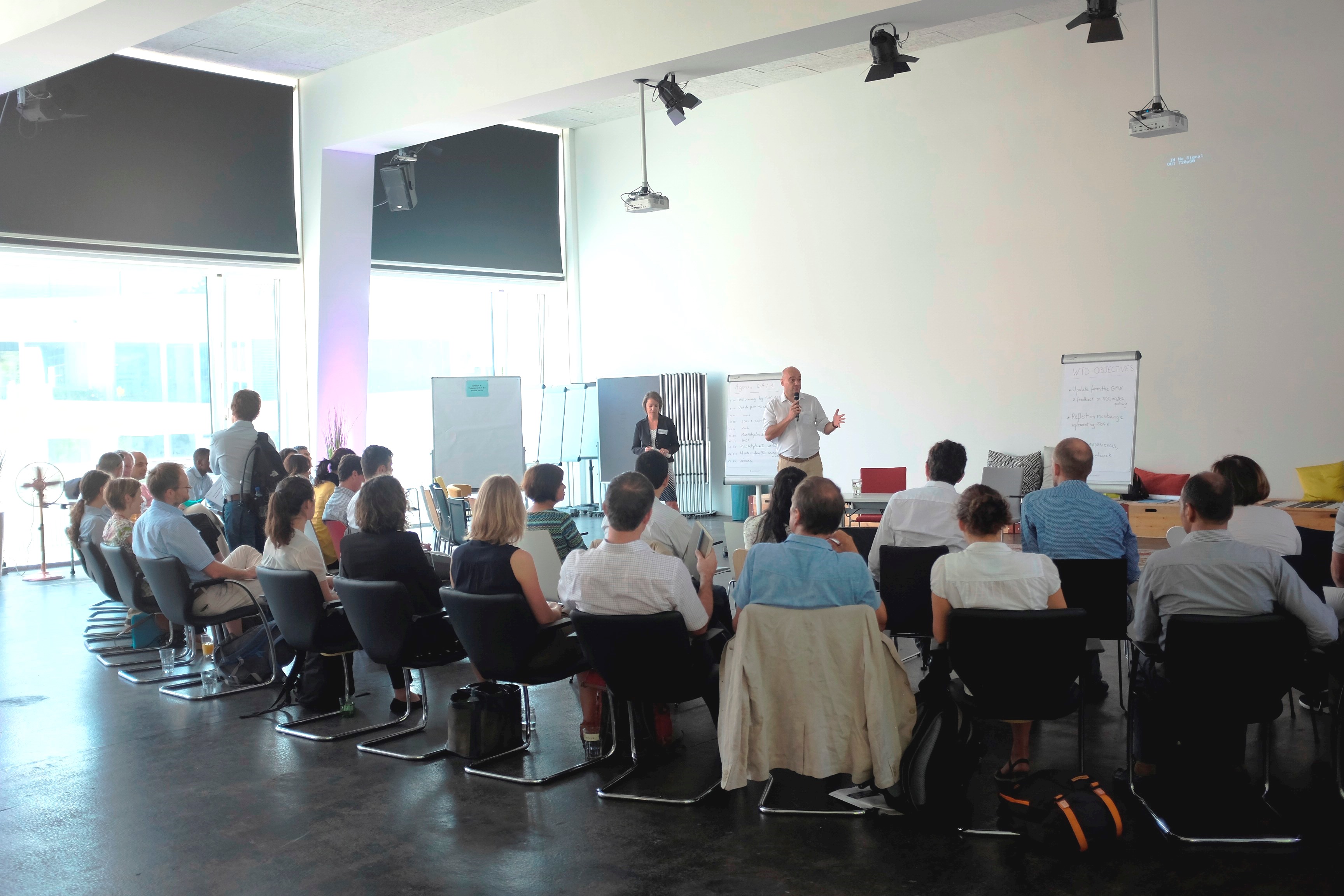
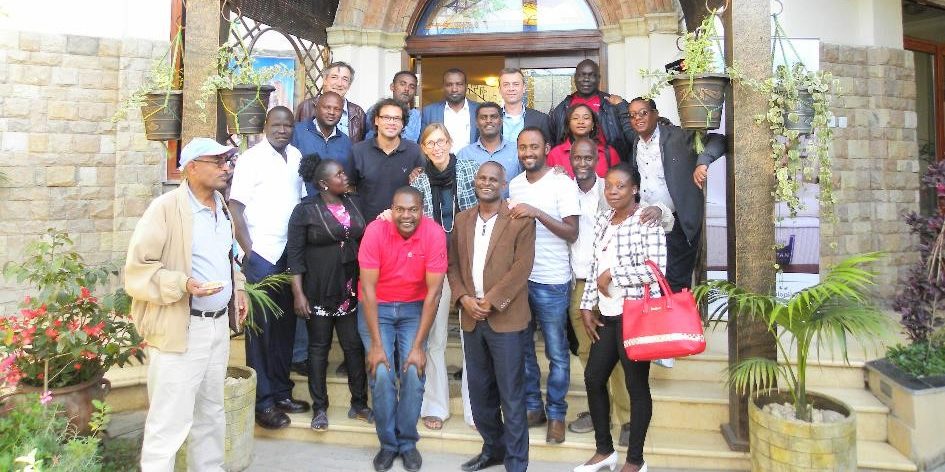 The Regional Workshop for Eastern and Southern Africa was held from 31 October to 4 November 2016 in Addis Ababa, Ethiopia and brought together 25 participants from 7 organisations from Ethiopia, Mozambique and South Sudan. The overall goal of the workshop was to foster knowledge sharing, present good practices and lessons learnt and strengthen cooperation between participants and project teams.
The Regional Workshop for Eastern and Southern Africa was held from 31 October to 4 November 2016 in Addis Ababa, Ethiopia and brought together 25 participants from 7 organisations from Ethiopia, Mozambique and South Sudan. The overall goal of the workshop was to foster knowledge sharing, present good practices and lessons learnt and strengthen cooperation between participants and project teams.